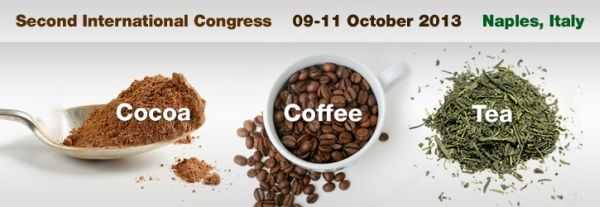Hodgson J.1, Croft D. 1, Woodman R.2, Puddey I. 1, Fuchs D.3, Draijer R. 3, Lukoshkova E.4, Head G.5
1School of Medicine and Pharmacology, University of Western Australia, Western Australia, Australia 2Discipline of General Practice, FlindersUniversity, Adelaide, South Australia, Australia 3Unilever Research and Development, Vlaardingen, The Netherlands 4Department of Cardiovascular Regulation, Russian Cardiology Research Center, Moscow, Russia 5BakerIDI Heart and Diabetes Institute, Melbourne, Australia
E-mail: dagmar.fuchs@unilever.com
High blood pressure variability is emerging as an independent risk factor for cardiovascular disease. The blood pressure lowering effect of a regular consumption of black has been described, however its effects on blood pressure variation have yet to be investigated.
The aim was to assess the effects of black tea consumption on rate of ambulatory blood pressure variation. Men and women (n=111) with systolic blood pressure of 115-150 mmHg at screening were recruited to a randomized controlled double-blind 6-month parallel-designed trial.
Participants consumed 3 cups/d of either powdered black tea solids (tea) or a flavonoid-free, caffeine- and flavor-matched beverage (control). Twenty-four hour ambulatory blood pressure level and rate of measurement-to-measurement blood pressure variation were assessed at baseline, day 1, 3 months and 6 months.
Across the three time points tea compared with control resulted in a lower rate of systolic (P=0.0045) and diastolic (P=0.016) blood pressure variation, by approximately 10%, during night time (22:00-6:00). These effects, which were immediate at day 1 and sustained over 6 months, were independent of level of blood pressure and heart rate. Rate of blood pressure variation was not significantly altered during day time (8:00–20:00).
These findings indicate that black tea can influence the rate of blood pressure variation during night time and that this effect is not mediated by caffeine.
The study results demonstrate that small dietary changes have the potential to significantly influence the rate of blood pressure variation and further support the reported association between tea intake and reduced risk of cardiovascular disease.
[1] Yiannakopoulou, ECh. Recent patents on antibacterial, antifungal and antiviral properties of tea. Recent Pat Antiinfect Drug Discov. 2012, 7, 60-5.















